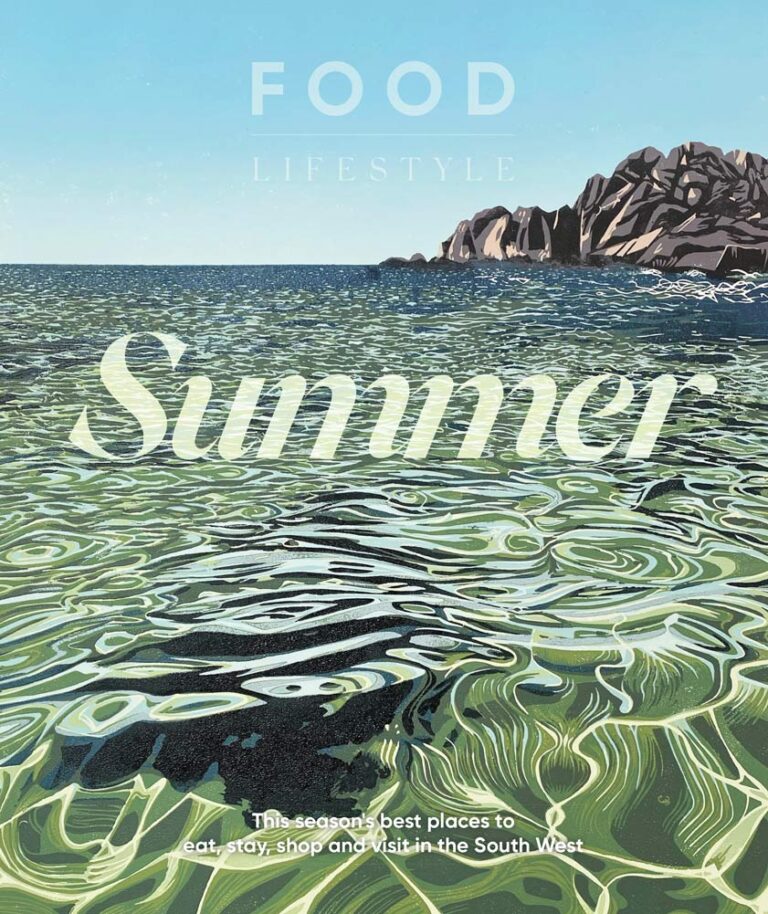WTF is natural wine?

Intrigued by natural wine’s kaleidoscopic flavours, hangover-dodging potential and ethical practices but not sure what it actually is? Wine pro and Pullo co-owner Alex Fitton pops the cork on the natural wine basics
NATURAL WINE 101
Simply put, natural wine is wine created without adding or taking anything away. While traditional commercial winemakers remove the naturally occurring yeasts from the grape and add mass-produced yeasts to determine flavour, natural wines allow the grapes’ own yeasts to reflect a true taste of the terroir.
‘When we think of winemaking, we have a vision of a winemaker tending to their vines and pressing them into barrels in ancient caves. In reality, winemaking is just as much a victim of industrial farming as the sliced white loaf,’ explains Alex.
‘Commercial winemaking is standardised, homogenised and about control. Natural wine is what we commonly perceive to simply be wine – that is, fermented grape juice.’
WHAT’S IN A NAME?
Natural, low-intervention, raw, real: there are a lot of different terms being bandied about to describe this wine movement. Unlike organic or biodynamic products, there are no established organisations regulating the production of these wines, so what they’re called will depend on who you talk to.
‘Most producers would prefer not to call it natural wine at all,’ says Alex. ‘For them it’s just wine – they’d rather the commercially manufactured wine be labelled as so.’
ARE THEY REALLY LOW-HANGOVER?
Sulphur dioxide (SO₂) is the pesky compound rumoured to cause those morning-after headaches and it’s used in commercial winemaking to kill bacteria and prevent oxidisation. The natural wine movement’s preference not to mess with the natural grape juice and add SO₂ is why these wines have been widely credited for their hangover-swerving assets. However, although most natural producers don’t add SO₂ as a matter of course, that doesn’t mean there won’t be any at all.
Alex explains: ‘SO₂ is a naturally occurring by-product of winemaking, so will always be present. Natural winemakers have a mixed reaction to adding additional SO₂; some use it sparingly – as has been done since the Romans burnt sulphur candles in amphora to sterilise the vessels – whereas others completely eschew its use.’
MOST IMPORTANTLY, WHAT DOES IT TASTE LIKE?
The language commonly used around natural wine tends to focus on words ending with ‘y’: funky, lively, juicy and, even, barnyard-y. But there’s a lip-smacking spectrum of flavours, styles and vintages to discover.
‘Natural wines are a great way to explore flavours you wouldn’t usually expect to find in wine,’ says Alex.
‘You could have two different producers who produce wildly different wines from the same grape variety – you wouldn’t see the same level of variation in commercial wine production.
‘It’s also a massive myth that natural wine can’t be aged. The industry has high overhead costs, so producers – usually small, independently owned businesses – are forced to release their wine for financial security.
Share WTF is natural wine? with your friends

